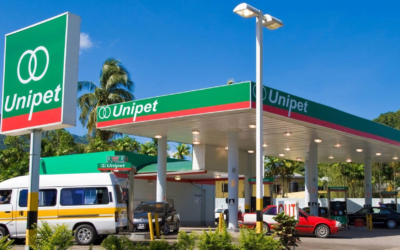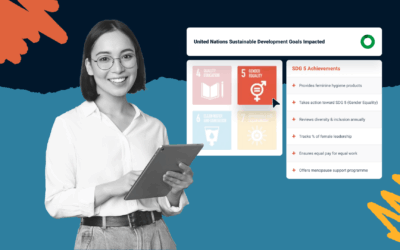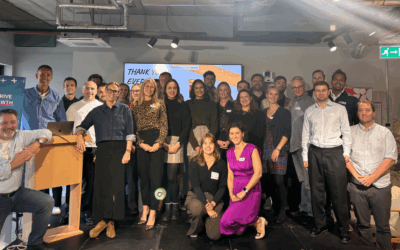
OUR RESOURCES
Check out our latest case studies, blogs, reports, podcasts and events.

FUTUREPLUS 2024 IMPACT REPORT
COMMITMENT IS THE CORNERSTONE OF OPTIMISM

FEATURED CASE STUDIES
BUSINESS OF EVERY SIZE ARE USING FUTUREPLUS TO TURN AMBITION INTO MEASURABLE IMPACT
RESOURCES
- All
- Case Studies
- Guides
- Podcasts
- Reports
- Blogs
Bottled water is a £2 billion market in the UK, but at what cost? In this episode, FuturePlus CEO, Alex Smith sits down with Anthony Newman, CEO of Ape2o, who's on a mission to eliminate single-use plastic water bottles through innovation, not shame. After witnessing...
You know your business needs to address social sustainability. The question isn't whether, it's how. Where do you start when you're already juggling growth targets, cash flow, and customer acquisition? In a recent episode of FuturePlus's Business of Sustainability...
RESOURCES
- All
- Case Studies
- Guides
- Podcasts
- Reports
- Blogs
Bottled water is a £2 billion market in the UK, but at what cost? In this episode, FuturePlus CEO, Alex Smith sits down with Anthony Newman, CEO of Ape2o, who's on a mission to eliminate single-use plastic water bottles through innovation, not shame. After witnessing...
You know your business needs to address social sustainability. The question isn't whether, it's how. Where do you start when you're already juggling growth targets, cash flow, and customer acquisition? In a recent episode of FuturePlus's Business of Sustainability...


















































